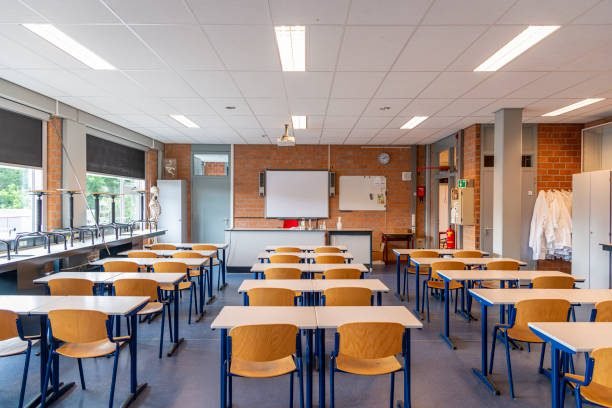Private schools today play an increasingly important role in shaping children who are not only academically accomplished but also globally aware and culturally agile. While the foundations of character and knowledge are often anchored in local traditions, the best private schools understand that students will graduate into a world without borders.
From the curriculum to community partnerships, private education is evolving to nurture international mindsets—helping young people grow into adaptable, open-minded adults ready to contribute anywhere on the planet.
A Foundation in Community Values
Every school begins with its local roots: the traditions, customs, and shared history that define a region. For families seeking a balance of continuity and innovation, private primary schools hampshire exemplify how a strong connection to community can build secure, confident learners.
In these settings, children are encouraged to develop a sense of belonging—participating in local events, exploring regional heritage, and learning to appreciate the diversity within their immediate surroundings. This early grounding helps them feel anchored and supported, a crucial precursor to embracing the wider world.
Curriculum That Spans Continents
Academic programmes in many private schools now blend rigorous national standards with global perspectives. From studying international literature to discussing world issues and learning foreign languages, pupils are continually exposed to cultures beyond their own.
For instance, history lessons might examine both British and non-Western civilisations. Science classes frequently highlight international collaboration in research and discovery. Even primary classrooms often celebrate global holidays and invite guest speakers from diverse backgrounds.
This approach helps children appreciate that while their personal story may begin locally, it is connected to a much larger human narrative.
Developing Cultural Competence
Beyond textbooks, schools are creating opportunities for authentic cross-cultural engagement. Exchange programmes, sister school relationships, and international trips give students first-hand experiences of other ways of life.
Teachers also model inclusivity and curiosity by weaving global themes into daily lessons. When a student learns to see through another’s perspective—whether it’s a peer from a different culture or a historical figure—they begin developing empathy, flexibility, and respect.
These qualities are increasingly essential in universities and workplaces, where diverse teams and cross-border collaboration are the norm.
Equipping Older Pupils for a Global Future
By the time students reach the upper years, they have built the confidence and awareness to look beyond their immediate environment. Many private secondary schools in hampshire offer internationally recognised qualifications such as the International Baccalaureate or A Levels with a strong global component.
Older pupils often engage in debates about international policy, complete research on global issues, or take part in Model United Nations. These experiences give them not only academic depth but also practical skills in communication, problem-solving, and cultural sensitivity.
Conclusion: Strong Roots, Open Horizons
The most successful schools are those that honour local identity while inspiring students to think globally. When children feel deeply connected to where they come from, they are better prepared to explore where they can go.
By blending community values with international mindsets, private schools empower young people to grow into resilient, compassionate citizens of the world—rooted enough to stand tall and confident enough to take flight.

